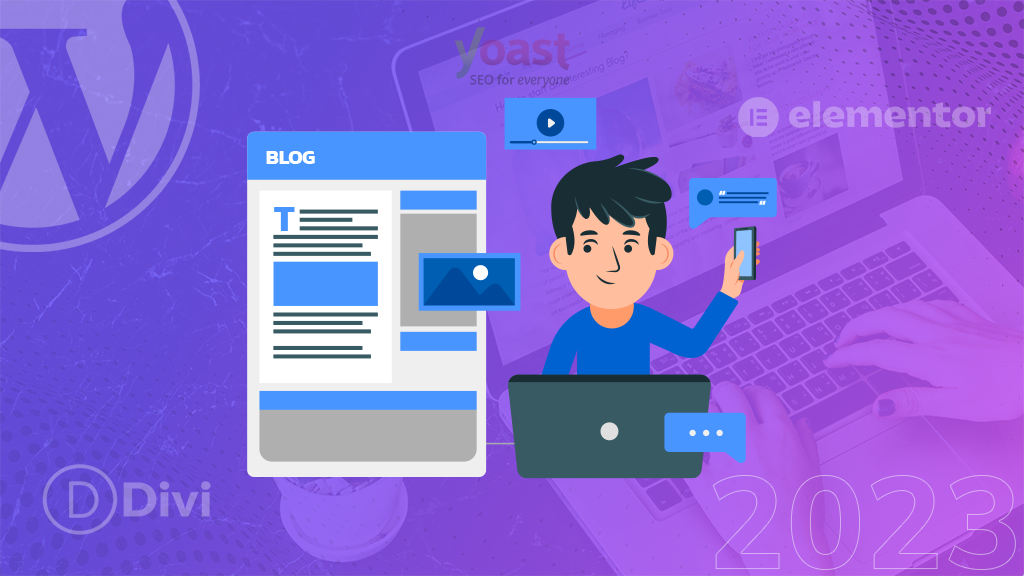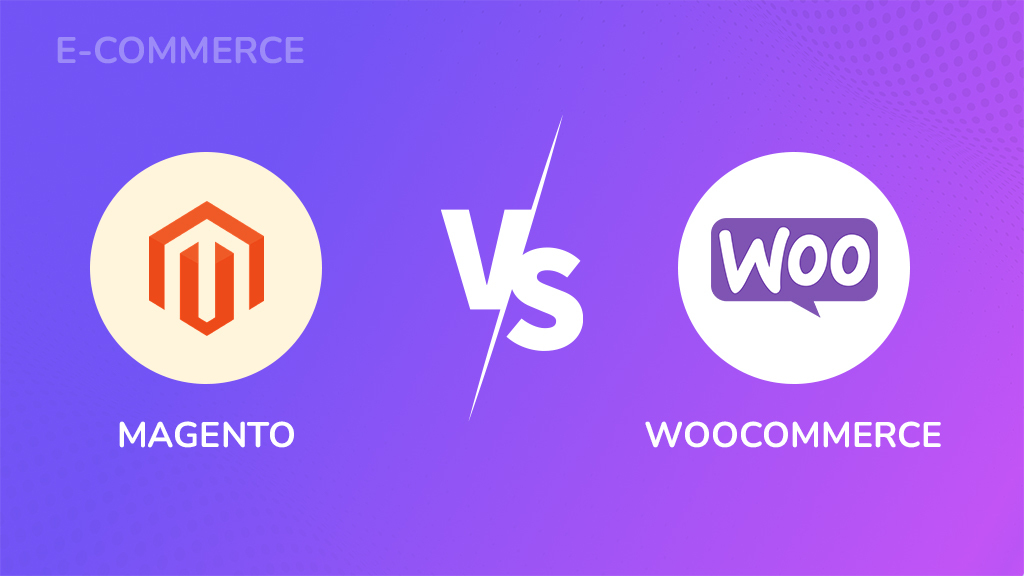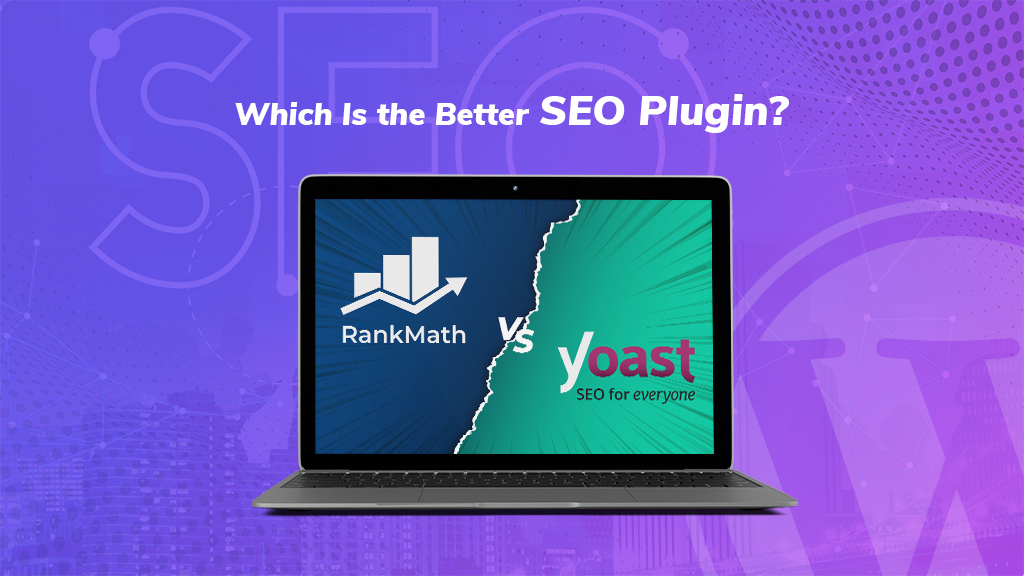
Introduction
Welcome to the exciting world of blogging! In today’s digital landscape, blogging is not just a hobby; it’s a powerful platform for sharing your ideas, connecting with a global audience, and even making a living. But to succeed in the competitive blogging arena of 2024, you need to know tips for blog in 2024. You need a winning strategy for blog growth that encompasses creativity, technical know-how, and a dash of humour.
In this comprehensive guide, we’ll unveil ten expert tips to help you skyrocket your blog in 2024. From mastering SEO techniques to fostering authentic engagement with your audience, we’ve got you covered. So, let’s dive in and discover how to make your blog a booming success story!
Table of Contents
- Introduction
- What’s a Blog?
- Start a Blog in 2024 with Detailed Steps
- Tip 1: Target Audience
- Tip 2: Hosting and Domain for Blog in 2024
- Tip 3: Choose Your Platform for Blog in 2024
- Tip 4: Install Key Plugins for your Blog in 2024
- Tip 5: Page Builder for Blog in 2024
- Tip 6: Create a Category
- Tip 7: Blog Design
- Tip 8: Focus on Keywords
- Tip 9: Find Trending Topics
- Tip 10: Monetize your Blog
- Conclusion
What’s a Blog?
A blog is like your own little corner on the internet where you can regularly share stuff. It’s kind of like an online diary where you can talk about your ideas, experiences, or anything you’re passionate about. Blogs cover all sorts of topics, and they’re a way for people to connect and build a community. You can use text, pictures, videos, and other cool things to make your blog interesting and fun for others to read and explore. It’s a fantastic way to share information and make friends online!
Blogs are like a canvas where you can paint your thoughts and creativity. Imagine it as a place to tell stories, teach others, or simply express yourself. It’s not just about writing; you can add photos from your latest adventure, share a funny video, or even create interactive quizzes. The best part? Anyone can start a blog – you don’t need to be a computer whiz or a professional writer. It’s a space where your unique voice matters and people from all around the world can discover and connect with what you have to say.
So, whether you’re passionate about travel, cooking, fashion, or anything under the sun, a blog is your stage to shine. It’s where you can leave your mark on the digital world, one post at a time. Ready to start your blogging journey? Let’s take that first step together!
Start a Blog in 2024 with Detailed Steps
Tip 1: Target Audience
1. Understand Your Audience
Sure, you’re writing about stuff related to your business, but who’s actually reading it? Here’s a golden tip: Get to know your audience like they’re your best friends.
Once you figure out who’s hanging out on your blog, you’ll understand what they’re into, what bugs them, and what they can’t get enough of. This insight sets the stage for your blog in 2024.
2. Write What Your Audience Wants
Don’t just guess what your readers want. Be a detective! Your competitors might have cool ideas, but they might miss some hidden gems your audience is craving.
Tools like “Answer the Public” and “Google Keyword Planner” are your secret weapons. They let you spy on what people are searching for. Need an even bigger arsenal? SEMrush has a fancy tool for this too. All of this helps you uncover topics your readers will love and gives you the lowdown on the keywords to sprinkle in your posts.
Tip 2: Hosting and Domain for Blog in 2024
1. Get Cheap Web Hosting Services
Okay, so you’ve got your blog plan sorted, and you’ve picked a cool niche and domain name. Now, the next stop on this blogging adventure is finding a home for your website, which we call hosting.
Here’s the deal: You might see some free hosting options out there, but we’ll let you in on a little secret. They’re not great. Instead, aim for a top-notch hosting provider like BigCloudy. These guys offer a fantastic combo of affordability and speed – two things you’ll love.
Why speed, you ask? Well, for starters, nobody’s got time for a slow website. If your site takes forever to load, visitors will bail faster than you can say “blog.” Plus, speed is a big deal for Google and its search engine pals. They give speedy sites a gold star in the search results, which means more people find your blog.
2. Nail Your Domain Name
Now, let’s talk about your online identity – your domain name. Think of it as your blog’s digital address. It’s got to be memorable and easy to spell. Oh, and it should totally match your blog’s vibe.
Sure, there are different endings for domain names, like .com, .net, and .org. But honestly, .com is like the VIP of domain endings. People trust it the most. If your dream .com domain is already taken, no worries – .net and .org are solid backups. So, pick a name that sticks and gets you noticed on the web!
3. Secure Your Website with SSL Certificate
An SSL certificate is like a digital superhero for your website. It swoops in to protect your site from bad guys, boosts your website’s trustworthiness, and makes visitors feel safe. With our super reliable SSL certificate, your website is like a fortress, keeping your revenue, traffic, and sales safe and sound. It’s like having your own online bodyguard!
Tip 3: Choose Your Platform for Blog in 2024
When it comes to blogging platforms, you’ve got options, but one stands tall – WordPress.org. It’s like the superhero of blogging. Here’s why:
1. Versatility
WordPress can do it all. It’s like a toolbox full of gadgets.
2. Built for Blogging
It was made for bloggers, so it’s got everything you need.
3. Free and Friendly
You won’t pay a dime, and it’s beginner-friendly.
4. Customization Galore
You can make your site look and feel however you want.
Setting up WordPress? Don’t worry; your Managed WordPress hosting can handle the heavy lifting for you. The good ones will even install WordPress when you create your account. Easy, right? But, keep in mind that not all hosting options offer this service. If you go for VPS or dedicated hosting, you might need to do the setup yourself through something called cPanel.
Tip 4: Install Key Plugins for your Blog in 2024
WordPress has this awesome feature called “plugins.” Think of them as tools that supercharge your website. They’re like apps for your site.
Here’s the cool part: With plugins, you can make your site do almost anything you want. Imagine you want a fancy gate to keep some content special. Just install a “membership” plugin, create a virtual gate, and voilà! You’re in control.
And guess what? There are plugins for pretty much everything. Want more people to find your blog on search engines? No problem! Install a plugin like Rank Math, and it’ll give you a helping hand with SEO (Search Engine Optimization). It’s like magic for your website!

Tip 5: Page Builder for Blog in 2024
Divi
Elegant Themes offers Divi Builder, a fantastic WordPress page builder plugin with an easy drag-and-drop editor for designing web pages. It provides 46+ modules, drag & drop elements, free templates, and more. Divi’s backend editor replaces WordPress’s post editor, making it developer-friendly for coding adjustments. You can also use Divi Theme as your WordPress theme alongside the Divi Builder to create your website effortlessly.
Elementor
Elementor is a top WordPress page builder with a free version that lets you design your entire website. It’s user-friendly, making it great for beginners. They used to offer Elementor Cloud Website for design, hosting, and WordPress, but now it’s replaced by Elementor WordPress Hosting. Elementor’s front-end editor replaces WordPress’s basic one, and if you need extra features, you can buy add-ons. It’s suitable for beginners and pros, allowing you to edit pages live without switching between editor and preview modes.
Tip 6: Create a Category
If you want to make your blog in 2024 more organized and attractive, you need to create categories. These categories help with SEO and bring more visitors to your site. For example, if your blog is about pets, you can create categories for different types of pets and subcategories for specific topics related to those pets.
- To add Categories,
- Go to your WordPress dashboard, hover over “posts,” and click on “categories“
- “Give your new category a name, add a description, and click “Add New Category.”
- Once you’ve created your main category, you can make more top-level categories or subcategories by assigning a parent category.
- You can also create categories when you’re writing a new post by clicking on “Posts” and then “Add New.”
Once you’ve set up your categories, you can display them on your blog’s sidebar or any other page. You can even get creative with how you showcase them using any theme.
Tip 7: Blog Design
With Page Builder like Divi, you can make templates for your website, including headers, footers, blog layouts, and more. The default template helps create a universal look for your site.
- To make new templates, click “Add New Template“.
- You can use premade theme builder sets by clicking the + icon and save templates by clicking “Save”
- Icons let you delete, View design history, or import/export layouts
- Keeping templates organized is essential. To create your first template, go to Divi > Theme Builder.
- Click “Add New Template,” choose “Build New Template,” then select “All Posts” and create the template.
- You can design it using the Visual Builder to match your site’s style.
Tip 8: Focus on Keywords
Keywords are your compass in the vast digital landscape. To thrive online, follow these steps:
1. Research
To make your blog in 2024 more engaging, find valuable keywords using tools like Google Keyword Planner or SEMrush. Choose wisely—focus on relevance and manageable competition.
2. Long-Tail Keyword
Don’t overlook longer, specific phrases called long-tail keywords. They may have less traffic but higher conversion rates.
3. Smart Placement
Strategically use keywords in titles, headings, Meta descriptions, and content. Avoid overloading; keep it natural.
4. Quality Trumps All
Craft content that educates, entertains, and adds value. Quality content reigns supreme in SEO.
5. Analyze and Adapt
Monitor your performance with Google Analytics and Search Console. If certain keywords shine, double down on them.
Tip 9: Find Trending Topics
In today’s fast-paced digital world, staying ahead means riding the wave of trending topics. Google Trends is your ultimate compass to navigate the sea of online conversation. Here’s how to dive in:
1. Explore Google Trends
Start by heading to Google Trends (trends.google.com). Here, you’ll unearth a treasure trove of data on what the world is searching for right now.
2. Niche vs. Broad
Choose between niche and broad topics. Niche trends may offer more targeted audiences, while broad trends can capture massive attention.
3. Real-Time Insights
Google Trends provides real-time data. See which topics are spiking, and delve into the “Top Stories” section to explore the latest news.
4. Location Matters
Trends differ by location. Customize your search by country, region, or even city to uncover regional interests.
5. Keyword Research
Google Trends is a goldmine for keyword research. Discover related search queries to optimize your content.
6. Content Inspiration
Trending topics can spark creative content ideas. Whether it’s newsjacking or creating relevant guides, capitalize on the buzz.
7. Stay Updated
Trends shift rapidly. Make it a habit to revisit Google Trends regularly to keep your content fresh and engaging.
Tip 10: Monetize your Blog
Now that your blog’s all set up and you’ve got a loyal audience, let’s talk about turning your passion into profit. It’s not as tricky as it sounds, promise!
1. Native Advertising
This is like inviting friends over for a party, and some guests bring snacks to share. You can put ads or sponsored posts on your blog, and you’ll earn some money when people click on them or just see them (called impressions). Google AdSense is your buddy here.
2. Affiliate Linking
Think of this like being a matchmaker. You introduce your readers to cool products or services, and when they buy, you get a cut (a commission). It’s important to pick stuff that fits your blog’s vibe, so your readers dig it. BigCloudy Affiliate Program is one cool option.
3. Friendly Plugins
Use Pretty Links and Thirsty Affiliates (they’re like little helpers) called affiliate marketing plugins. They’ll make your links look nice, give you cool stats, and sometimes even get your readers a discount on stuff they buy.
Conclusion
Blogging’s not a sprint; it’s a marathon. Stick to our roadmap, and you’ll be on the highway to success! Set clear goals, find your niche, and host your blog with reliable web hosting like BigCloudy. Don’t forget to be buddy-buddy with SEO to get noticed. And hey, making money with your blog in 2024? Totally possible!









